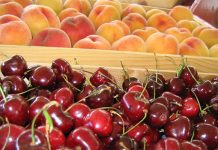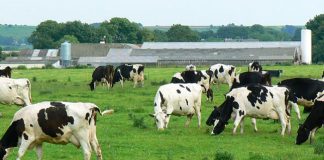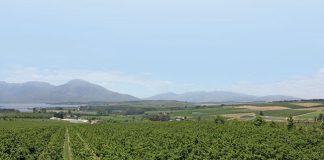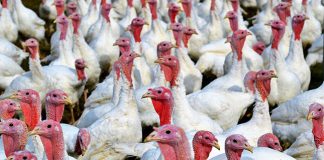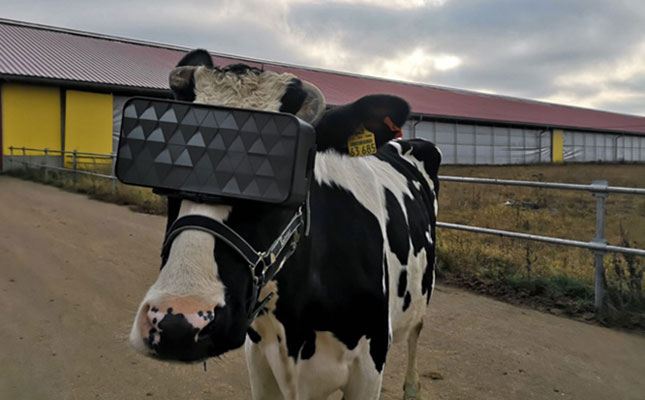
Photo: Ministry of Agriculture and Food for the Moscow region
Russian milk producers have developed a new and unexpected solution to dairy output challenges.
Following the global trend towards computerisation and sustainability, a Russian research team has developed a virtual reality (VR) program for cows. This was according to a statement by the country’s Ministry of Agriculture and Food for the Moscow region.
Researchers tested a prototype of virtual reality goggles on a farm in the Ramensky district, which have been designed to improve the well-being of cows.
The statement explained that the dairy industry was shifting its focus from only being concerned about the physical needs of the animals to also considering their emotional well-being.
The statement added that studies from different countries had indicated that in a calm atmosphere, the quantity and quality of milk that a cow produced increased.
According to a recent study on the welfare of dairy cattle by researchers at Wageningen University in the Netherlands, it was found that environmental conditions had a significant impact on cow health and, as a consequence, the quality and quantity of milk produced.
Researchers at Scotland’s Rural College in Edinburgh also conducted a similar study, in which a group of farmers were interviewed.
The farmers reported various practices they used to improve the welfare of livestock, which the researchers concluded indicated a correlation between the emotional experience of cows and their milk production.
The facilitators of the project said they believed that a combination of experience and technology could be the key to the sustainable development of the dairy industry.
The Ministry of Agriculture and Food for Moscow said the Russian research group carried out its study on one of the largest farms in the Moscow area, where employees and IT experts worked together to conduct an experiment using VR goggles on cows.
The IT experts from a virtual reality studio worked in co-operation with vets and consultants to adapt human VR glasses for the cows, taking into account the structural features of their heads.
The goggles were designed based on studies of a cow’s vision, which found that cows perceived shades of the red part of the colour spectrum better than green and blue tones.
The VR engineers also created a unique summer field simulation program for the test. In the first test, the researchers found a decrease in anxiety and an increase in the overall emotional well-being of the herd.
The next phase of the project would include a more comprehensive study in which researchers would analyse the impact of VR glasses on the milk production of cows, the statement said.






